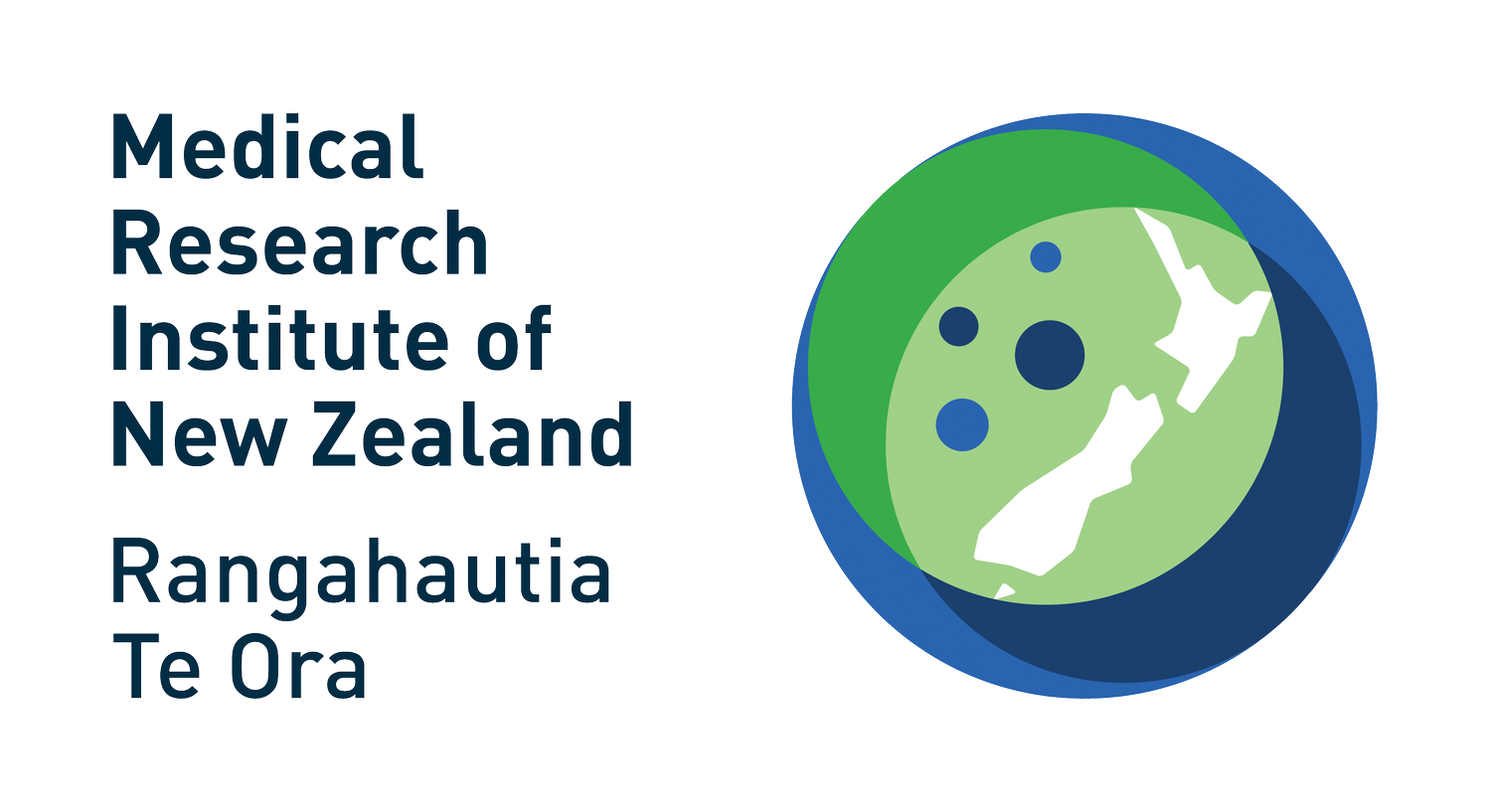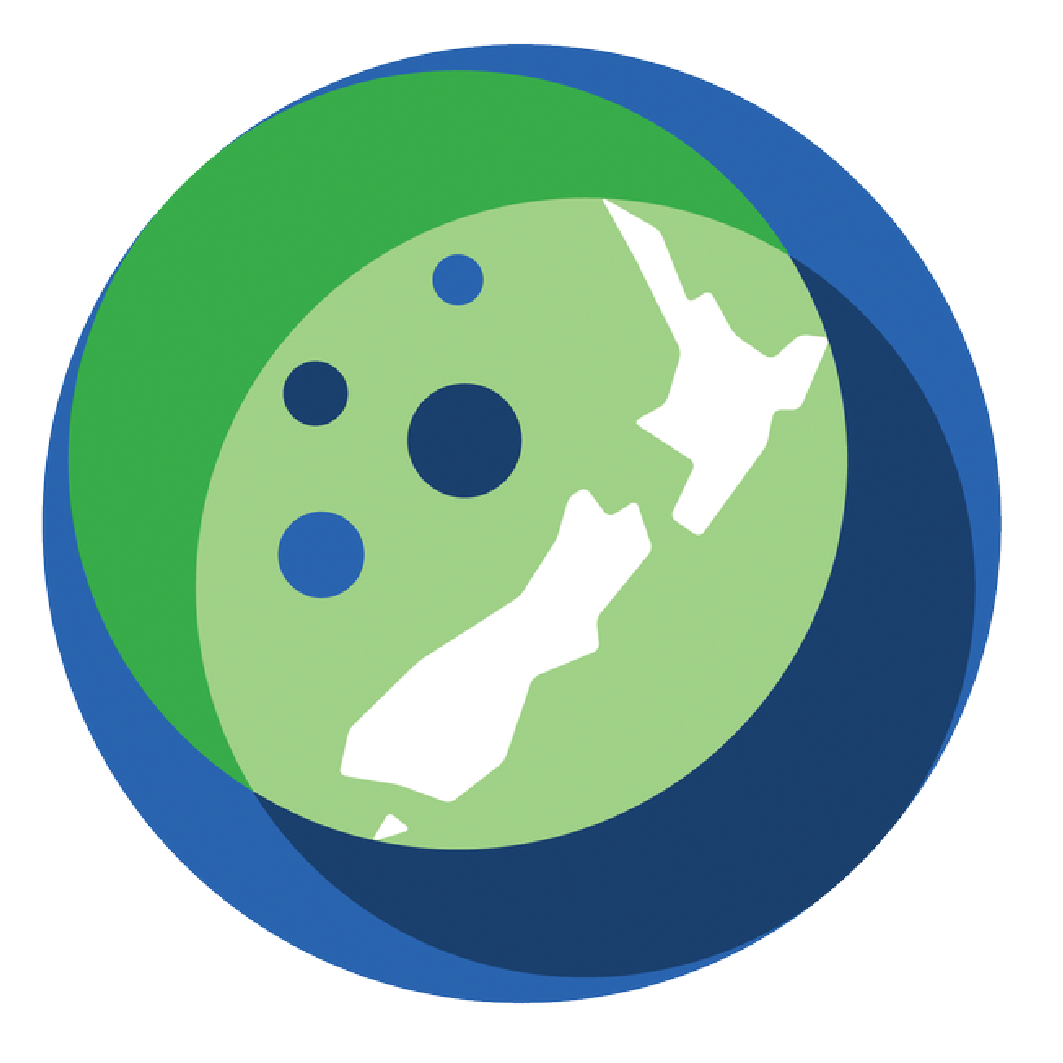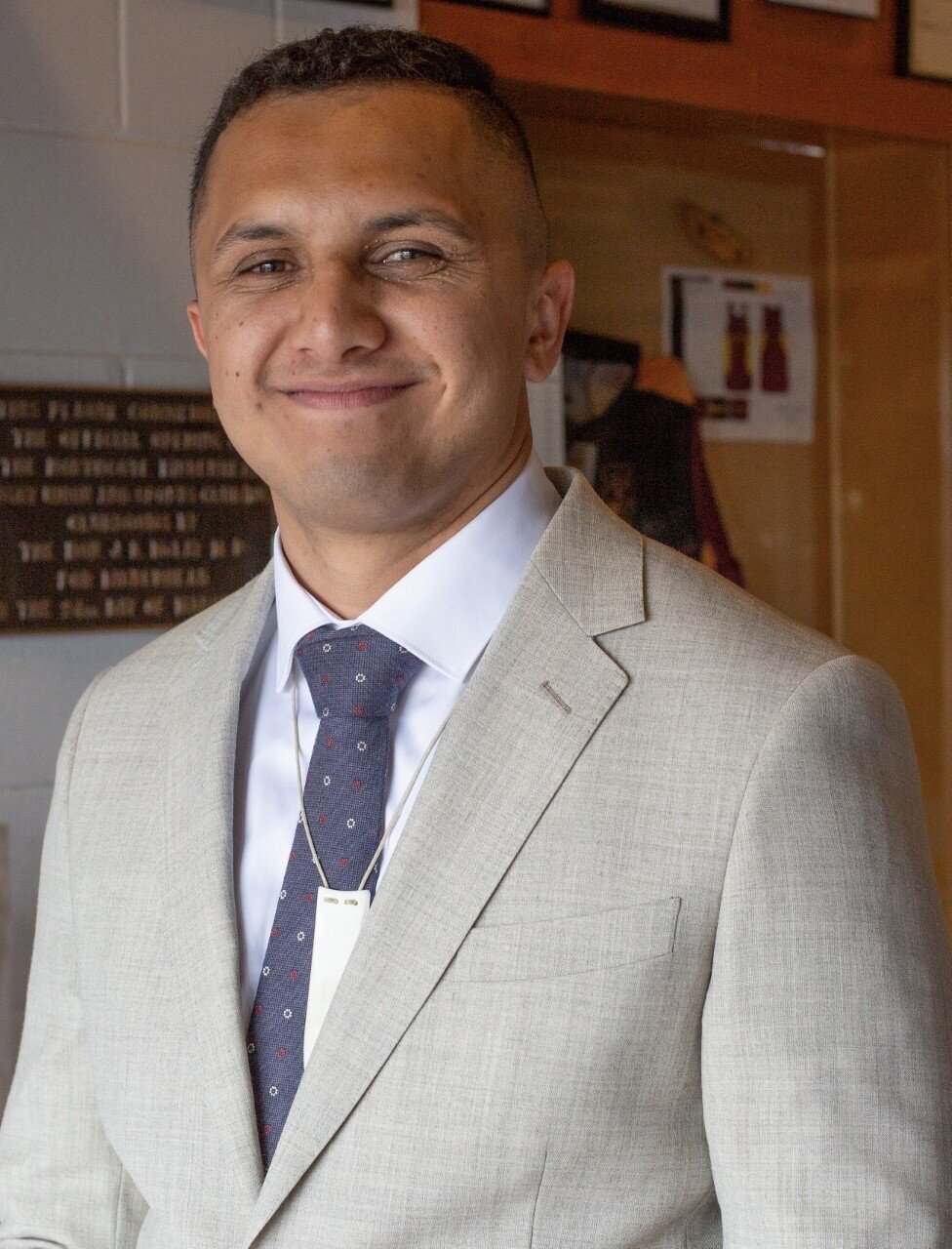Te Wiki o Te Reo Māori – Celebrating more than just a language
At a time where we celebrate Te Reo Māori, it is a time to reflect what this means as a whole and remember what we can do as an institution to support equitable systems of interaction between Te Ao Māori and Te Ao Pākeha.
In recent years, MRINZ has been focused on developing a commitment to Tikanga Māori principles to frame the work that we do, in order to improve Māori health outcomes. From design, planning, recruitment of participants and dissemination of research outcomes, we aspire to become champions for Māori health.
This means we need not only becoming proficient in research development processes such as Māori consultation, ethics applications and ensuring Māori appropriate resources are in place prior to commencement of projects, but we need to actively change the culture of the westernised systems and structures we work within. Working culture that is directed towards inclusiveness and meaningfulness of results for equitable Māori health outcomes will be the enabler that encourages all MRINZ researchers to uphold Tikanga Māori principles in their day to day work.
As Programme Director, Dr Matire Harwood is leading the MRINZ in continuing to develop our Māori health workstreams. This year, Dr Jordan Te-Whaiti-Smith has joined us as a Research Fellow dedicated to this work, supported by Selwyn Te Paa, and will also be developing our Māori research and leadership capacity building internship programme. We are confident that under this leadership the MRINZ will be able to encourage and enable more experience for Māori to build their clinical research skills. In addition to this, Tikanga Māori training and Te Tiriti o Waitangi workshops continue to be undertaken by all staff. A major current workstream is focused on recognising the global indigenous inequities in adolescent health and developing specific solutions, in conjunction with Australia, USA, Canada and the Circumpolar region. This work is lead by Dr Te Whaiti-smith through his representation of New Zealand on the Lancet Standing Commission on Adolescent Health . In additional a new focus on the conduct of research in the community setting has had a positive impact of Māori representation, with 14% or participants in a recent Pharmacy Research Network study identifying as Māori.
Jordan Tewhaiti-Smith (Ngāi Tahu, Ngāti Kahungunu, Ngā Puhi) – Research Fellow – Māori and Pacific Health Programme; Selwyn Te Paa – Intern – Māori and Pacific Health Programme
Te Wiki o Te Reo Māori is an exciting time for Aotearoa as we get to showcase the beautiful culture and people we come from, but it is also an opprtunity to re-focus and promote an equitable health system for all.
He aha te mea nui o tea ao?
He tāngata, he tāngata, he tāngata.
Mauri ora!




